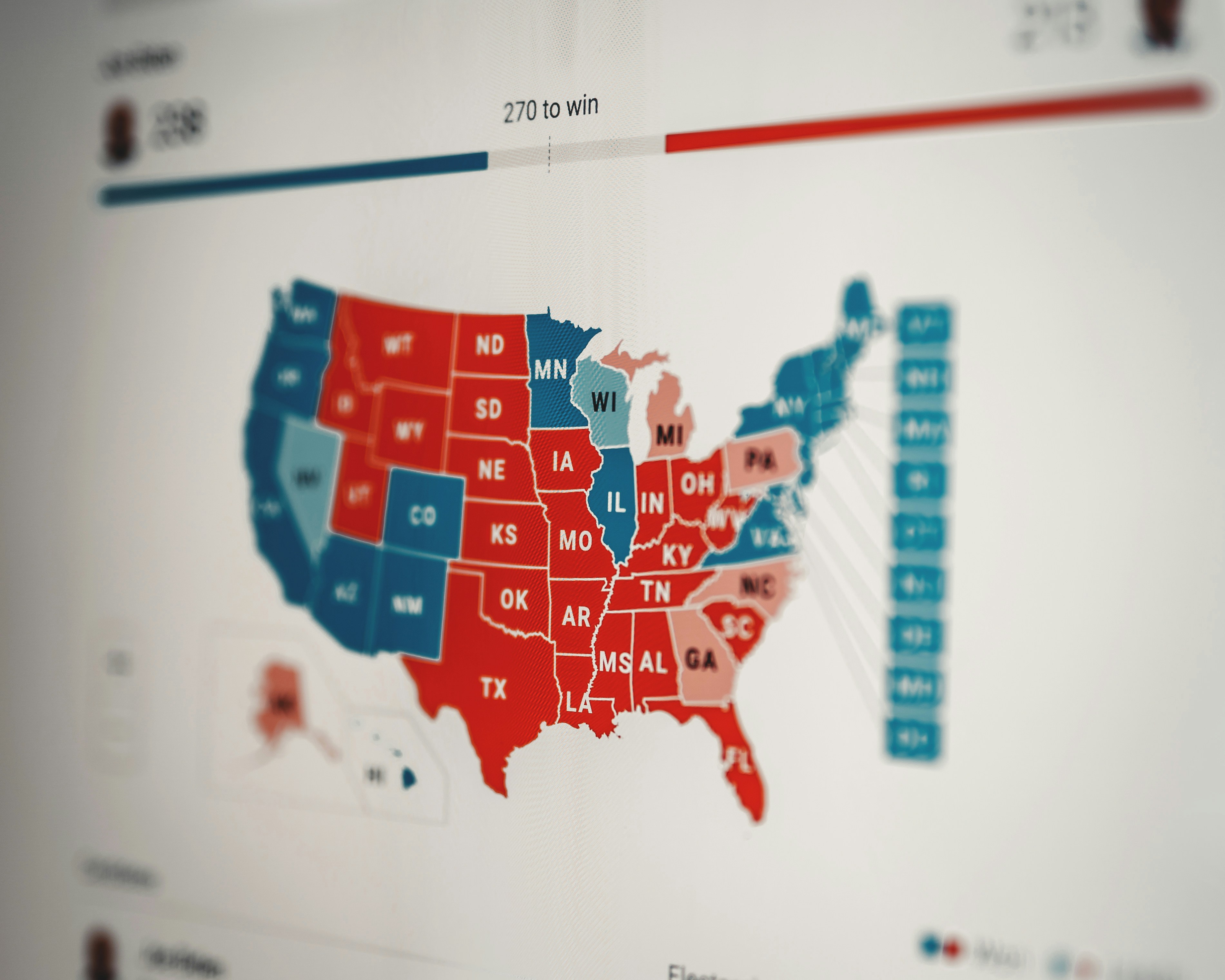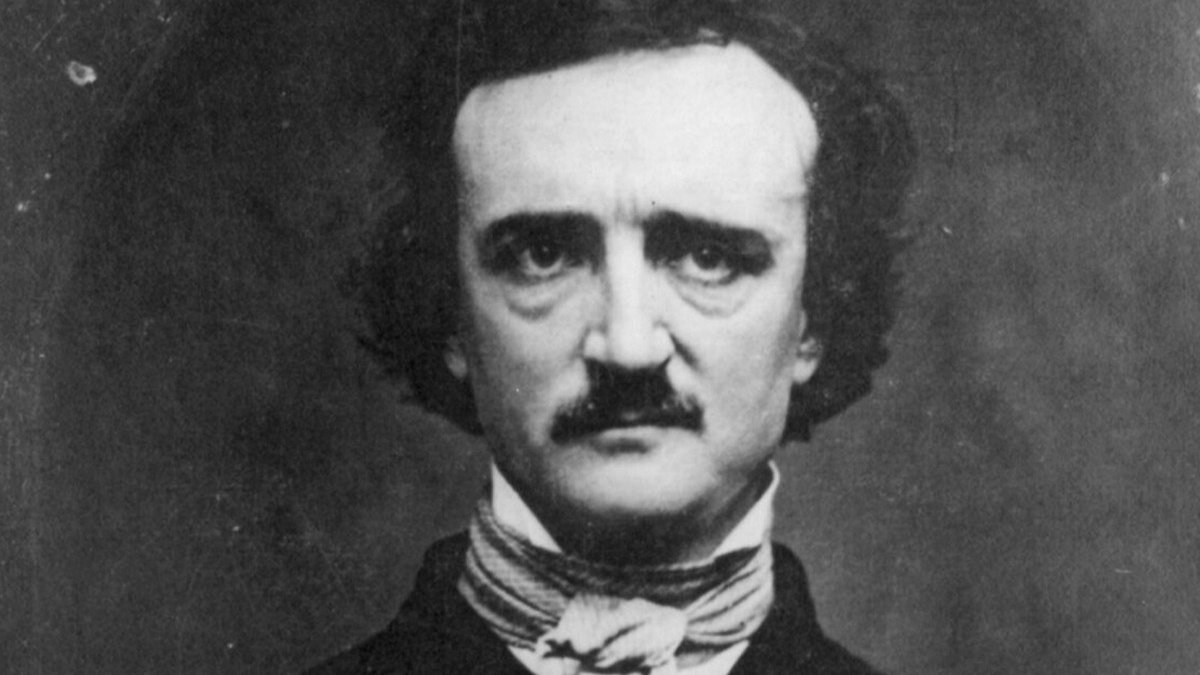IELTS011 英语学习笔记
口语
How was the food at the party?派对上的食物怎么样?
一般过去时会比一般现在时更加礼貌。
- Thank you, madam. Did you want a receipt? 谢谢,女士。您要收据吗?
可以问「Do you want a receipt?」,但 「Did you want a receipt?」显得更礼貌。 - Did you have any questions? 您有什么问题吗?
- Did you need any help, sir? 您需要帮忙吗,先生?
「the very first」(第一个)这种表达的意思与 「the first」(第一个)相同,但通常用于强调。
- basically (基本上)英语口语中很常见,我们经常用它来解释某事。
- So basically when you enter a Japanese high school, or probably any school, there is a place where everyone takes off their shoes.
- to go for 适用于
- to go hand in hand with something 与某事密切关联
新概念 2 L11 One good turn deserves another 礼尚往来
词汇
- turn n. 行为,举止(非常罕见,不要用这个意思)
- Whose turn is it to wish the clothes?
- behavior 行为
- 只用于这个谚语:one good turn deserves another
- deserve v, 应得,应受 = should have
- You deserve / (should have) the money.
- You should have a rest.
- You deserve the fine(罚款).
- You deserve the punishment(惩罚).
- You deserve it! 你活该。
- You are asking for it. 你是在自讨苦吃。
- lawyer n. 律师
- law
- salary n. 工资(指按年定下,按月或星期平均给予的报酬,指脑力劳动者的薪水)
- wage /weɪdʒ/ 指按小时、日或星期的报酬,通常指体力劳动者的工资。
- fee 指提供某种服务收取的固定费用。
- immediately /ɪˈmiːdiətli/ adv. 立即, 马上
- media n. 媒体
- immediate adj. 立即的,马上的
- an immediate reply
- an immediate action
- I’ll come very soon. = at once = right now
原文
(必背)
I was having dinner at a restaurant when Tony Steele came in. Tony worked in a lawyer’s office years ago, but he is now working at a bank. He gets a good salary, but he always borrows money from his friends and never pays it back. Tony saw me and came and sat at the same table. He has never borrowed money from me. While he was eating, I asked him to lend me twenty pounds. To my surprise, he gave me the money immediately. ‘I have never borrowed any money from you,’ Tony said,‘so now you can pay for my dinner!’
参考译文:
我正在一家饭馆吃饭,托尼.斯蒂尔走了进来。托尼曾在一家律师事务所工作,而现在正在一家银行上班,他的薪水很高,但他却总是向朋友借钱,并且从来不还。托尼看见了我,就走过来和我坐到一张桌子前。他从未向我借过钱,但他吃饭时,我提出向他借 20 英镑。令我惊奇的是,他立刻把钱给了我。“我还未向你借过钱。”托尼说道,“所以现在你可以替我付饭钱了!”
- 三餐不加冠词
- at 指发生了活动
- pay vt. 消费 - paid - paid
- I paid 2 dollar for a bag.(人 + pay + 钱 + for + 东西)
- pay back(还钱)
- pound £ 英镑
- euro € 欧元
- To my happiness / sadness / excitement










